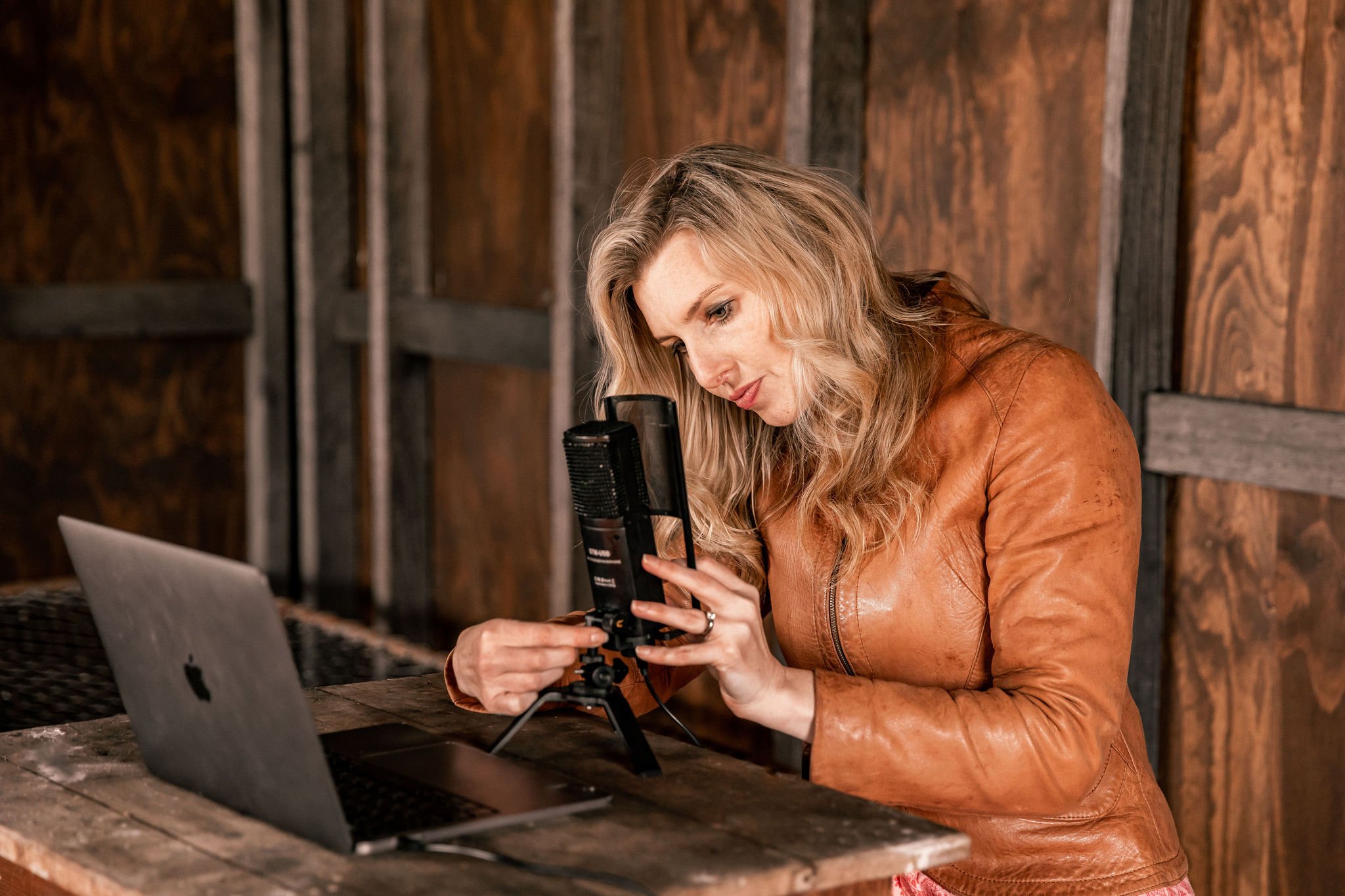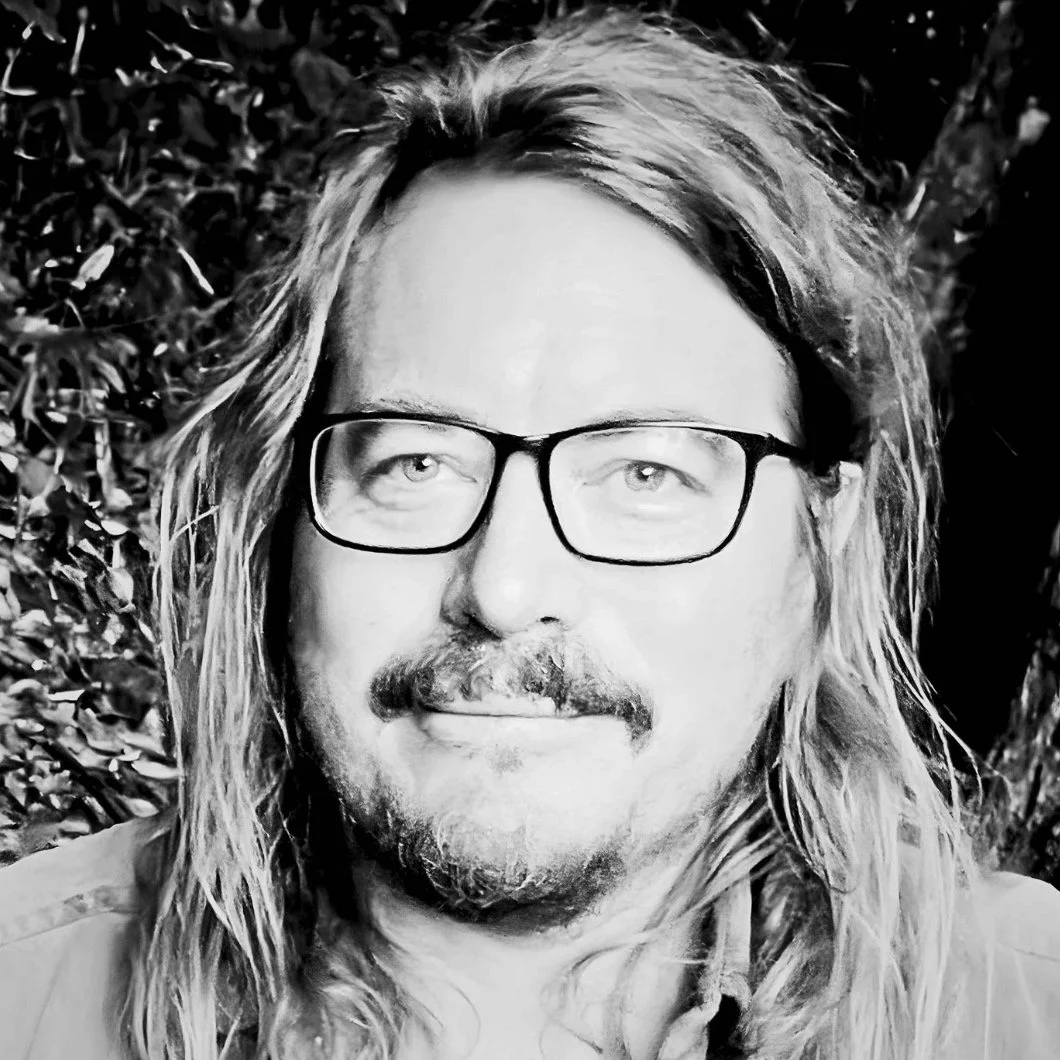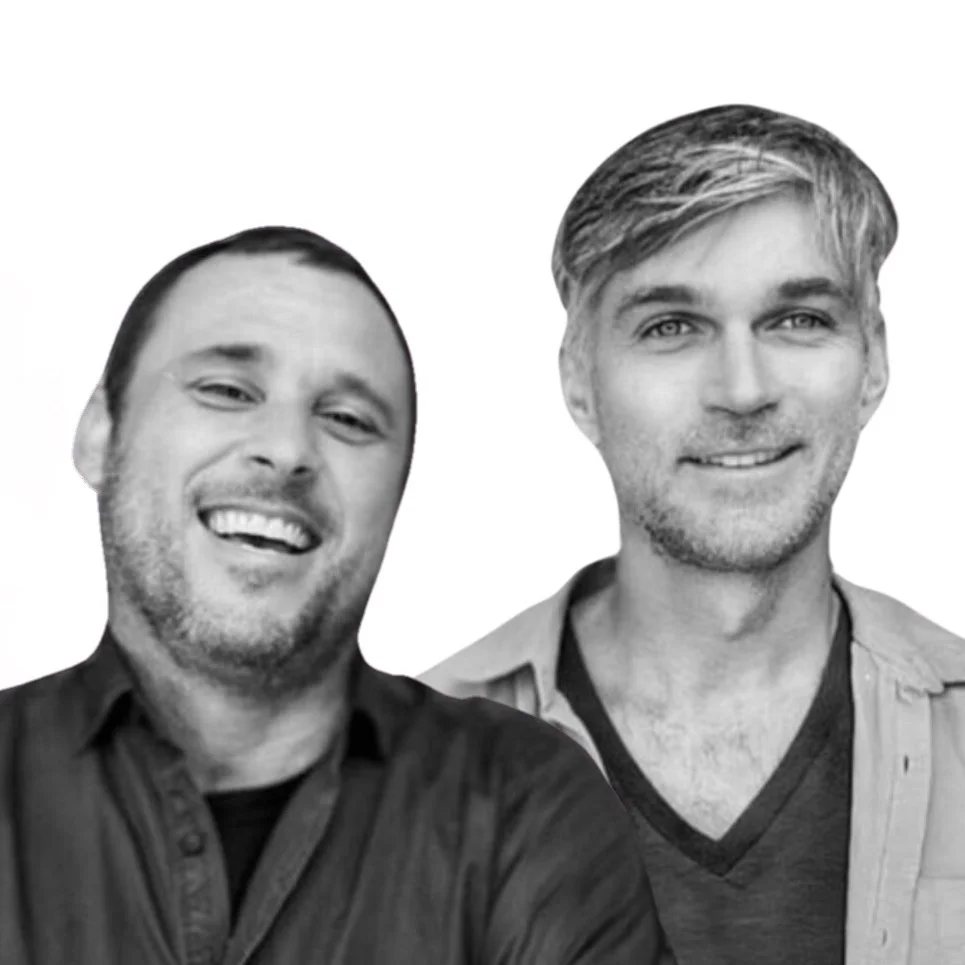Kirsten Diprose On Amplifying Rural Voices And Sustainable Storytelling In The Current Media Landscape
Kirsten Diprose is a communications and podcast business specialist who lives on a sheep and cropping property near Caramut, in south-west Victoria.
Kirsten founded the Rural Podcasting Co, a podcast coaching and agency service, specifically for people in rural areas. She has experience in media, marketing and knowledge-brokering in agriculture, agtech and agricultural science, previously working for Deakin University and agrifood venture capital firm, Tenacious Ventures. Kirsten also founded and co-hosts a podcast specifically for rural women, called ‘Ducks on the Pond.’
Prior to this, Kirsten worked as a TV and radio journalist for the Australian Broadcasting Corporation in both regional and metropolitan newsrooms. You can still hear her as a regular co-host on ABC Radio Melbourne’s The Conversation Hour and as a regular guest on ABC TV’s News Breakfast.
Kirsten is also the Deputy Chair of South West TAFE, a Board Director at Food and Fibre Great South Coast and a PhD candidate at Deakin University, studying podcasting and local news sustainability.
Kirsten discusses her unique experiences gained from working in the media, living in regional Australia, and researching how to protect local news and authentic storytelling in our current digital age.
Highlights from the interview (listen to the podcast for full details)
[Sarah Ripper] - To start off, could you please share a bit about your background and what led you to where you are today?
[Kirsten Diprose] - I live in Southwest Victoria 10 kms North of a little town called Caramut, on a farm with my husband and two sons who are seven and nine years old. I've been here for about 10 years, but I didn't grow up in the country, I grew up in Western Sydney. I grew up near Penrith but found myself in the country because I married a farmer. I was working in Melbourne as a TV news reporter, and one night I met a farmer in a bar and the rest is history. This is before the days of Tinder, to me that is just what the young people do now!
Can you share more about your current work and the topic of focus for your PhD?
Being asked what your PhD topic is is one of those love-hate questions. It usually depends on how you're feeling about your PhD at the time, but I’m feeling in love with it now. I worked in the media previously, and I still do, but mainly for the ABC. I was a radio and TV journalist, and I got a cadetship with the ABC in 2007. This is why I moved from Sydney to Melbourne, because they had lots of candidates from Sydney that year and it's a national pool. Five of us happened to be from Sydney, and they sent me to Melbourne. I loved it there and stayed in Melbourne working on the seven o'clock news as and other programs including news breakfast. I used to present the weather sometimes as well, and I still work for the ABC now. I do The Conversation Hour in Victoria regularly (about once a fortnight) and fill in on the regional Victorian Drive program, which is great. I love keeping my hand in it just a little bit, but now I mainly work for myself as well through my company the Rural Podcasting Co.
I've created a business out of telling rural people's stories mainly using podcasting, and my PhD is looking at podcasting and how it can be used to improve the sustainability of local news.
Most people know that the last few years have been hard for local media, especially newspapers, because the business model is essentially broken. This is largely due to the Facebooks of the world, where advertising revenues are just not going to those local newspapers. A lot of them have had to shut down during COVID, that almost became the final nail in the coffin for many of them. Some have come back, some new ones have popped up, but it isn't the same as what it used to be. In general, all the media landscape has changed with digital media. My PhD is looking at podcasting, the way that podcasting is used, how people use it and how local news could benefit from using it.
Do you mean by adapting and leveraging that new mode if they're not already utilising it?
Exactly, and my work is an interesting way of looking at this issue. A PhD is quite academic; if you were going to do an industry study, you'd do like an industry scan and see how many podcasts are out there.
My research is exploring the theory of how podcasting works, and what I'm discussing is the power of conversation and the elements of podcasting that can reveal stories, truths and create connection with the audience.
If you're a podcaster, you will understand that there's something magical about the voice and the connection you feel to the host and the person talking. I'm obviously biased because I love podcasts, but there is something that's just engaging about them. It’s more like a community than it is a radio program, and I worked in radio, so I know it's a different vibe. There have been some outlets which stopped running after death by a thousand cuts, and then others that have just dramatically closed. It's a different landscape now, and social media has changed the game. The nature of life is now new technologies, you must just roll with it, adapt, and get quicker at responding.
What have been your key learnings from working and navigating your media career whilst living in a rural space?
That was probably the hardest thing that I had to face when I moved to the country, the question of how am I going to make my career work? I had lots of well-meaning colleagues ask me, “what are you doing, you're going to kill your career!” It was right at that time getting to that point where you start excelling in your career, understanding the skills, and moving up the ranks. But that's when I married a farmer and fell pregnant!
I think a lot of women can relate to that in whatever industry they’re in, when you have a kid (or more than one kid), you step out of the workplace and stop getting promotions. That can go on for years, because you're going in and out of maternity leave and part time work.
That happened and I didn’t know what I was going to do. I already told my husband I wasn't moving until he set the internet up, and to his credit, he improved the internet on his property. We had satellite and it wasn't very reliable, it would stop working after 4 PM. Eventually we got the NBN and now we're on Starlink which is great. I have reliable internet now, and that's very important for me, but I just had this blind face that everything would be okay. In terms of key learnings, I realised I took the skills with me from my career, so I could make it work. Little did I know how technology was going to improve, and this was more than 10 years ago. Obviously, there was already the internet, but the whole workplace shifted to my favour during COVID with remote work. Even before that, I got remote work where I was working asynchronously.
There are so many great programs out there where you can have a workplace which lets you jump in and jump out. I knew that my job was going to look very different and that I wasn't going to be on the nightly news anymore, but I already did that for a few years and that box was ticked, I was sure there were other ways I can do what I love from the country.
As the founder of the Rural Podcasting Co, can you share more about business you've created the clients you're working with and the projects you're up to?
Rural Podcasting Co is something I started in August of last year. It emerged out of the problem of the city not necessarily understanding the country, and I discovered this issue because that was originally me. I had no connection to the country before I married a farmer, and now I live here. I thought about how I can solve this problem in a meaningful way, knowing I can't solve the entire problem but that I could try and get some of those rural stories out there. I started a podcast a couple of years ago called Ducks on the Pond, which is for rural women. “Ducks on the pond” is an old shearing shed saying from the 1800s, it is something the men used to say when a woman was approaching to alert the other men to behave well and stop staring! That's why we took this name, to push back against the idea that if you're a rural woman in the country you're baking scones and are a member of the CWA.
All those things are fantastic, but there is such a breadth of diversity in terms of who we are and what we do. It’s about us having real conversations, and we talk about business, farming, physical and mental health, anything from the perspective of what it's like when you're living on the land.
I started that podcast, and to my surprise it went well. We've got a great following, and so I then decided I was going to quit my job and start a podcasting business. The podcast supports itself now, and while I might get a little bit of income from it it’s not a lot. My money more comes from the business that I started in doing podcasts for others, basically, which is what we do at the Rural Podcasting Co. If you’re a small business, I can help you in terms of coaching if you're not able to spend $20,000 on doing a podcast. If you are an organisation, you can hire me to do part of or a full podcast for you. It's enabling rural people to tell their own stories, which I think is just as important as creating stories featuring rural people.
What inspiring projects or initiatives have you come across creating a positive change?
I think Active Farmers is a great organisation. It’s a program which has started bringing exercise classes and personal trainers to farmers. For a lot of us (and I'm guilty of this), you just can't get to the gym. It could be an hour away, or even two or three if you're in Queensland or Western Australia. When you have kids, it just doesn't work. This program brings fitness to local halls, and we've got a personal trainer who's been coming out to our local hall around the corner. It doesn't cost all that much because it's subsidised, and that's such a game changer for physical and mental health. I love that program, and it's just going from strength to strength. I sit on the board at South West TAFE, and I'm going to recommend your audience checks out South West TAFE and other TAFEs (I can only speak for regional Victoria really). There is great work happening with TAFEs helping people who have struggled with school or who come from a disadvantaged background. They are finding ways to engage people, and it's particularly coming to the fore now we're in this skills shortage. It’s a necessity to leave no one behind, even though in an ideal society we wouldn't anyway. I'm seeing this shift and I think it's interesting. There is another cool project which I can't think of the name of, and it's a local one based in Warrnambool near where I live. They're taking fruit that would have been thrown out and repurposing it so people can buy it and turn it into new stuff.
I love local enterprises; a lot of us have big ideas and we want to change the world in big areas. We can change the world, but start small. Home is such a good place to start, and then watch it grow from there.
To finish off, what books or resources would you recommend to our listeners?
I'm going to start with recommending podcasts. The Human Brain is a cool podcast, it looks at the functioning of the human brain in so many different areas and how you can access your mind in better ways. They look at it as from a scientific as well as a life perspective. I should just list my podcast recommendations because I’m only reading academic stuff now which is sad. But you have got to draw the line when it comes to your PhD, and because I'm in the car a lot I listen to a lot of podcasts. The Solutionists is another podcast by the University of Sydney, and I know your listeners will love it because it's all about finding impactful solutions to problems. Another one that I love is called Empire, and it's a history podcast which tells beautiful stories. It has three historians who tell the stories of famous people throughout history, there was episode about Cleopatra recently. I think you can learn a lot from history.







